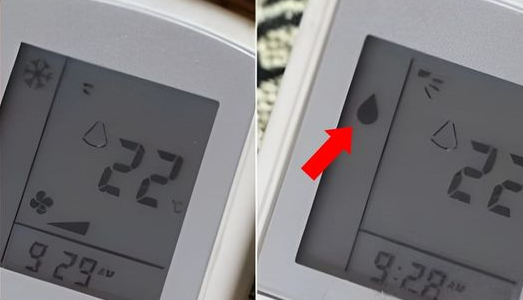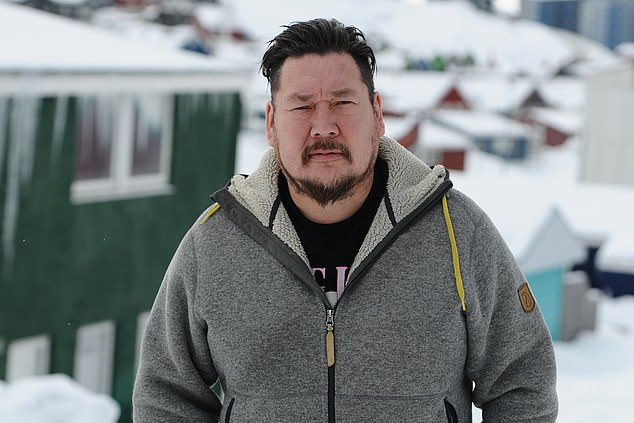With summer just around the corner and temperatures rising, electric bills are likely to increase as more people use their air conditioners. Fortunately, there are several strategies to improve cost and energy efficiency.
Using an air conditioner has its pros and cons. While it protects people from the intense heat, it also significantly contributes to global warming, which has led to more fatal heat waves. Scientists sadly predict that temperatures will continue to rise annually. Fortunately, there are steps you can take to balance keeping your family safe while minimizing environmental harm.
- Unclog the Air Conditioner Cleaning all vents and pipes in the air conditioning system is essential to prevent blockages that can disrupt airflow. This can be done by a professional or as a DIY task. Ensuring free airflow saves money and energy as it helps the system run efficiently.
- Call an Air Conditioner Professional Regardless of whether you clean the system yourself or hire someone, having a professional inspect it is wise. They can detect issues like poor airflow or faulty pipes and wiring.
- Keep a Consistent Temperature Maintaining a steady temperature throughout the day prevents the air conditioner from overworking during peak heat periods.
- Increase the Temperature Setting the thermostat to around 70 degrees instead of 65 can reduce energy usage by about 20%, benefiting both the environment and your energy bills.
- Turn off the Air Conditioner While midsummer nights can be hot, early and late summer nights are often cool. Turn off the air conditioner at night and open windows if possible. Additionally, turn it off when no one is home to prevent overworking. If you live in extremely hot areas, consider setting it to 70 degrees when away to protect items like candles and hygiene products from melting.
- Note the Time of Day Energy usage peaks in the afternoon and evening when temperatures are highest and people return home. Instead of using the air conditioner, spend time in cooler places like rivers, lakes, or swimming pools until the sun sets.
- Close Windows After enjoying the cool night breeze, close windows in the morning to keep out the heat.
- Close Blinds Keeping blinds closed minimizes sunlight, preventing the air conditioner from overworking during the hottest parts of the day.
- Use a Ceiling Fan with the Air Conditioner Ceiling fans help circulate cool air, complementing the air conditioner and reducing its workload.
- Cook with Care Plan meals to minimize heat production. Use smaller appliances like microwaves and slow cookers, cook early in the day, or opt for cold meals like salads to reduce the need for using the oven.
- Ventilate and Insulate Ensure proper insulation by filling cracks, sealing holes, and using weatherstripping to prevent air leakage. This is especially important for homes with attics, basements, or storage spaces.
- Consider a Smart Thermostat Though more expensive initially, smart thermostats offer greater energy efficiency with programmable features that adjust settings based on your family’s needs, such as turning off or lowering the temperature when no one is home.







